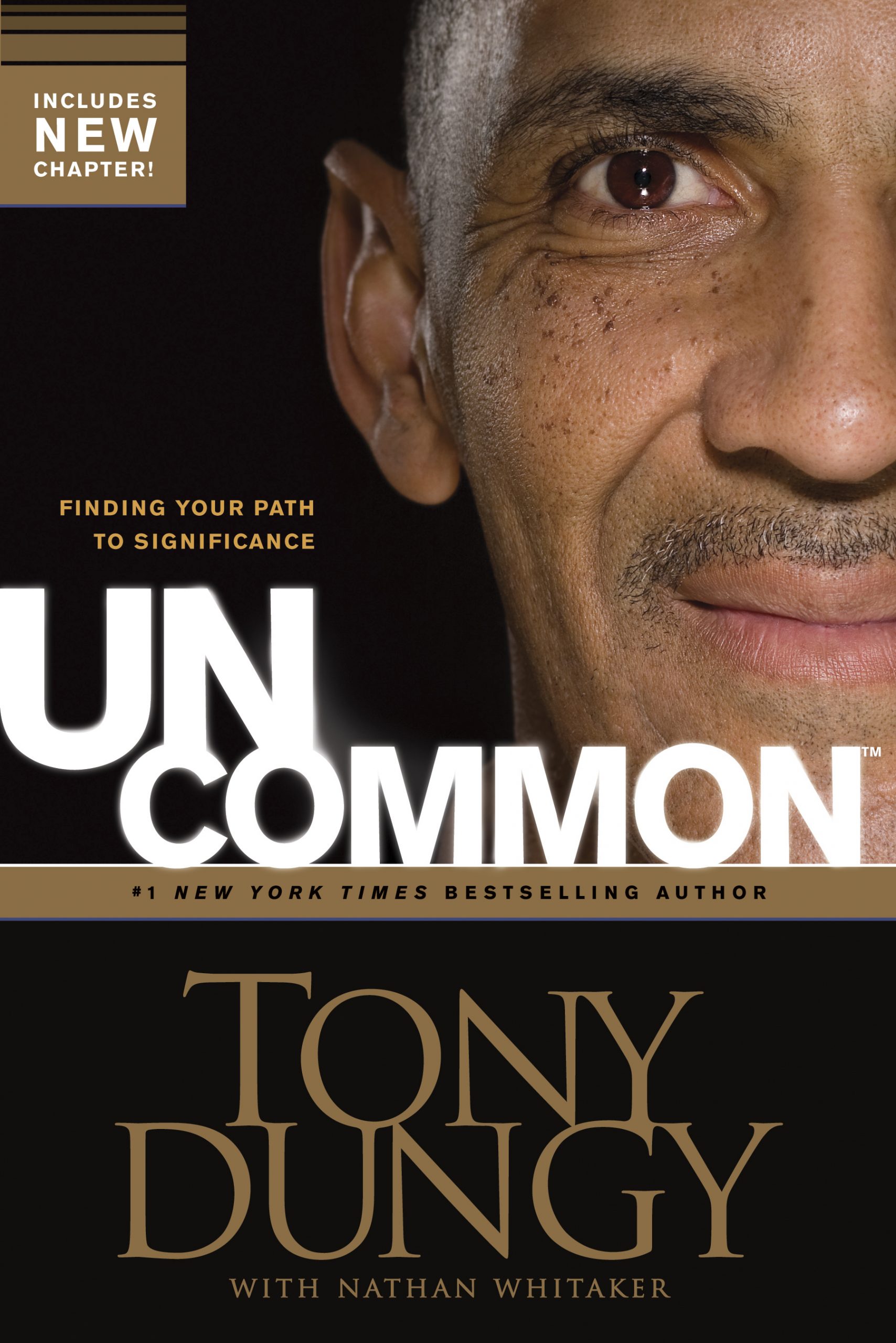The NFL Draft is now behind us – an exciting time, to be sure. Hope and excitement for fans. Hope and excitement — and stress — for NFL front offices.
I was in New York for the Draft for three of my years in the league, and the other three I was back home in the “War Room,” first with the Jacksonville Jaguars and Tampa Bay Buccaneers. Each a fun experience in its own way.
When I arrived in Tampa to join the Buccaneers, I discovered that Tony Dungy and Rich McKay, the head coach and GM, respectively, had developed a special category for potential draft picks: “Do Not Draft – Character.”
Here’s how Tony described it in our book, Uncommon: Finding Your Path to Significance:
“…character is a quality that can be measured just like height, weight, and speed. In fact, we put more emphasis on this area than we do on physical tools. Coaching ability or talent cannot make up for a lack of character. In the draft, there are only a few things that will knock a player out of consideration for our team, and this issue of character is one of them. We have a category on our evaluation form that is labeled “DNDC”—Do Not Draft because of Character. Every year, many players that we put in that category get drafted in the first round by other teams, and some even go on to become household names in the NFL. But we pass on them because of something we see in their character that makes us believe they are not worth the risk. Most of the time, we’re right. And those times when we are make it worth even those times when we’re not.” Uncommon, p. 4

“Uncommon,” which peaked at #2 on the New York Times bestsellers list
It’s one thing to pass on a really talented player. That’s painful enough. It’s even more painful when an opponent drafts that player and you know you’re going to have to face them on the field.
But as Tony said, he’d rather have to figure out a way to deal with facing them once or twice a year on the field than to have them in the locker room, having to be dealt with day after day after day. And even when our evaluation turned out to be wrong and the player ended up being trustworthy, it still worked out for the best over the long run.
The takeaway is two-fold, I think:
First, be a person of character, a person who can be trusted by your organization. (I’ve written about this before.)
Second, don’t allow a great salesperson who is a bully to undermine your team. Or an immature team member to undermine your culture.
Take a stand for character. Your team will be stronger for it.
character integrity trust



Recent Comments